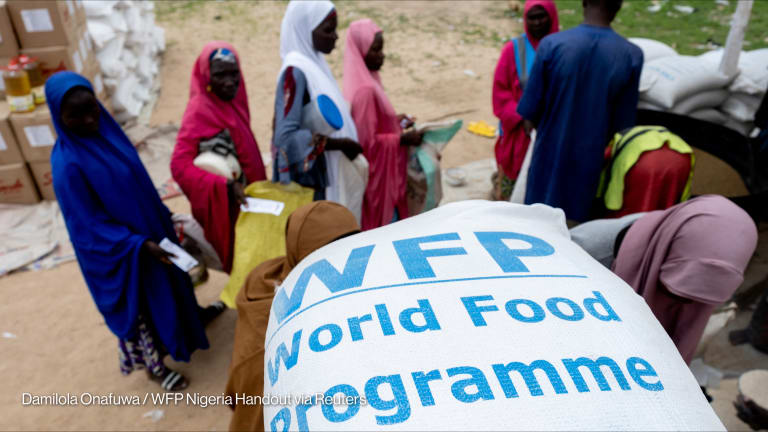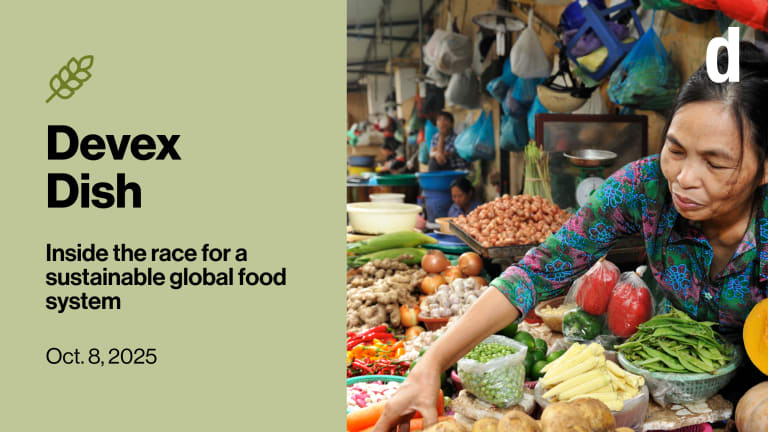
The rising cost of food is one of the reasons the developing world is “significantly” off track in meeting the Millennium Development Goal of reducing child and maternal mortality.
Jos Verbeek, lead economist at the World Bank and lead author of the 2012 Global Monitoring Report, said declining development aid, population growth and high food prices have made boosting nutrition programs for the poor “more challenging.”
The report, released Friday (April 20) by the World Bank and the International Monetary Fund, reveals only 50 percent of the target to reduce infant and child mortality has been achieved.
One of the culprits is the spike in international food prices, which the report says “stalled progress” across several MDGs. Justin Yifu Lin, the bank’s chief economist, said high and volatile food prices “erode consumer purchasing power” and prevent millions from “escaping poverty and hunger.”
The report offers several “solutions” to make countries and communities more resilient to food price hikes. This includes deploying agricultural policies, strengthening of nutritional policies and designing trade policies that boost access to food markets. Another “solution” is the use of social safety nets, an area in which the World Bank has won the support of member countries at the World Bank-IMF spring meetings.
At the meetings, the World Bank and the Arab Monetary Fund also agreed to foster knowledge and best practices on housing finance in the Arab World. The Arab Housing Finance Initiative will help Arab countries gain access to sustainable housing finance solutions. It is a response to the growing demand for decent but affordable housing in the Middle East and North Africa region.
Read more development aid news online, and subscribe to The Development Newswire to receive top international development headlines from the world’s leading donors, news sources and opinion leaders — emailed to you FREE every business day.








